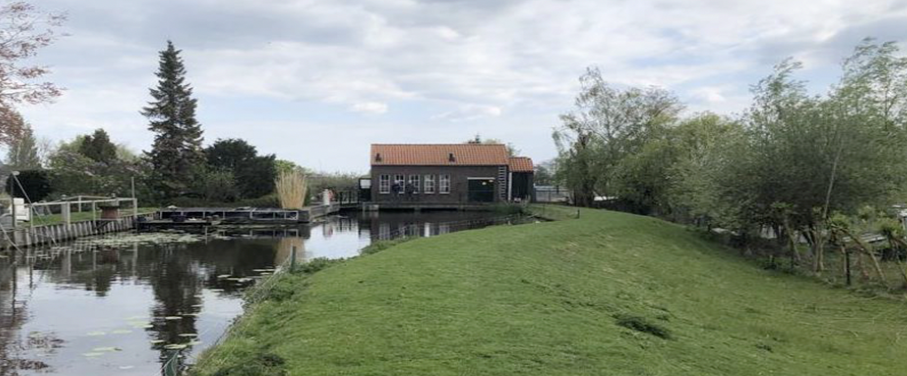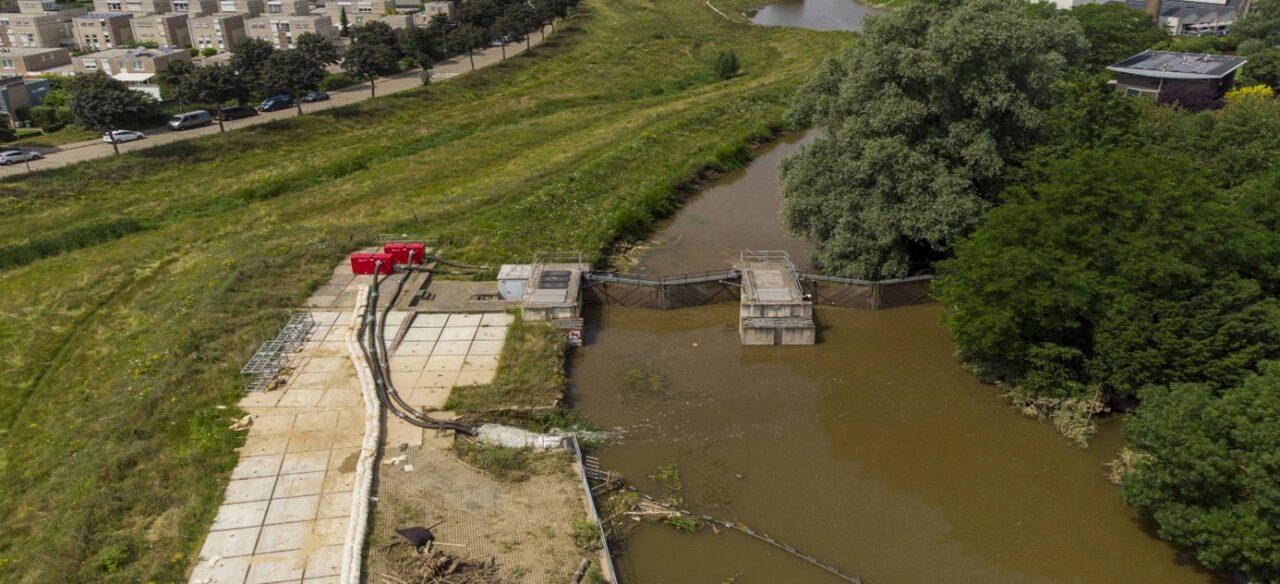The Netherlands – Leischendam-Voorburg and Roermond
The Netherlands, with its low-lying terrain, faces significant flood and drought risks in territiorial scale, amplified by climate change. As part of the MULTICLIMACT initiative, the demo sites in Leidschendam-Voorburg and Roermond are testing innovative monitoring technologies to strengthen flood defenses. These efforts aim to improve resilience against heavy rainfall, rising water levels, and structural challenges, advancing adaptive solutions for water management.


Leidschendam-Voorburg
The MULTICLIMACT demo site in Leidschendam-Voorburg is a dike located in The Hague, serving as an inner protective flood defense for the Tedingerbroek polder area. It safeguards Voorburg, a predominantly residential village, from potential failures in the main flood defense system and possible overtopping of the drainage canal. The dike also includes a water pumping system to regulate inner water levels. As part of an ancient polder network spanning Zoetermeer, Leidschendam, Voorburg, The Hague, and Nootdorp, the dike is of significant historical and regional importance.
The dike features a multi-modal fiber optic cable embedded approximately 10 years ago, known for its strong coupling performance. This technology is central to the planned intervention, which will employ Fiber Optic Sensing (FOS) to monitor temperature and acoustics for predicting moisture levels, as well as vibrations to detect potential cracking or structural vulnerabilities. By integrating these advanced monitoring systems, the project aims to address critical climate and natural hazards such as extreme temperatures, heavy precipitation, flooding, drought, and heatwaves, enhancing the dike’s resilience to evolving environmental challenges.
Roermond
The MULTICLIMACT demo site in Roermond focuses on the Green River, a flood-relief system constructed in the early 1990s between the Hambeek and the Roer. It serves as a last-resort measure to protect Roermond, a predominantly residential town, from high water upstream flowing toward the Maas. The system functions by diverting excess water: at the Roermond police station, the Roer splits into two branches — a route through the city center to the Maas and the Hambeek, which flows through the residential areas of Roer-Zuid and Hammerveld to the Maas. This setup helps mitigate natural and climatic hazards such as heavy precipitation and flooding.
The planned intervention involves monitoring the strain and temperature of movable barriers that are deployed during the operation of the diversion gate as part of crisis management. A box barrier system will be installed near a creek diversion and equipped with a fast-installation monitoring system to track deformation and leakage in the barriers. Fiber optic technology will enable real-time monitoring of these temporary solutions, with simulations of sudden water level increases testing its effectiveness in detecting critical changes and ensuring the reliability of the barriers.
Contact
Juan Pablo Aguilar Lopez

